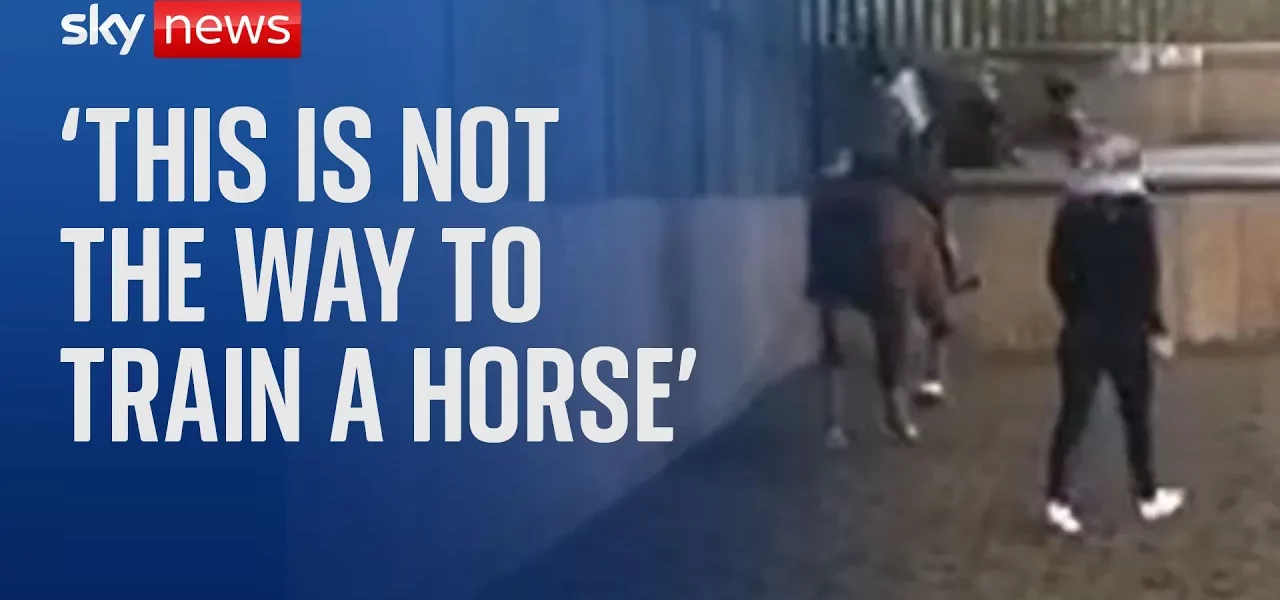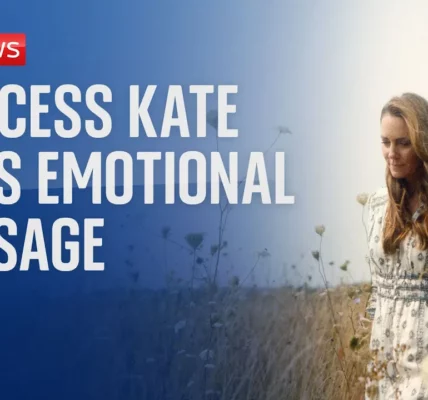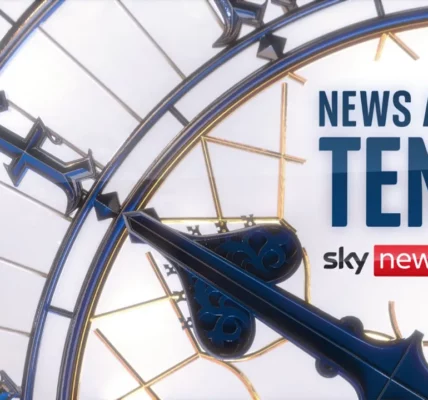Revealing Allegations Against Charlotte Dujardin: An In-Depth Analysis

In the realm of competitive horse riding, few names resonate as powerfully as Charlotte Dujardin. Recently, however, serious allegations have surfaced that challenge the integrity of dressage training practices. This article delves into the details surrounding a complaint lodged against Dujardin, highlighting the implications for animal welfare and the equestrian community.
Introduction to the Allegations
The recent allegations against Charlotte Dujardin have ignited a firestorm of debate within the equestrian community. A formal complaint was submitted to the F.B.I.I. (Federation of British International Riders) by a client of lawyer Stefan Wiing, who claims to have witnessed instances of animal abuse during training sessions. This article aims to unpack the events leading up to this complaint, the context surrounding it, and its potential consequences for Dujardin and the sport of dressage.
Background of the Complaint
According to Stefan Wiing, the client who brought forth the complaint is a former student of Dujardin’s. The incident in question reportedly occurred two and a half years ago during a lesson in which Dujardin demonstrated techniques on a horse. The student, initially impressed by Dujardin’s status as a world-renowned rider, later became concerned about the methods employed.
Initial Reactions and Concerns
Initially, the student perceived Dujardin’s actions as acceptable, given her esteemed reputation. However, over time, doubts began to emerge regarding the appropriateness of the training methods observed. The student discussed her concerns with various individuals in the UK, who cautioned her against pursuing the matter, citing fears of victim blaming and retaliation from the equestrian community.
Decision to Come Forward
Despite initial hesitations, the student was emboldened by recent events where other Olympic riders faced scrutiny and suspension. This encouraged her to take action and file a complaint, believing that it was essential to bring attention to the issue before it escalated further, especially with the upcoming Olympic Games.
Details of the Incident
The central issue of the complaint revolves around the footage that captures Dujardin using a whip during the training session. The student reported that Dujardin made comments about wanting to lift the horse’s legs while cantering, which was accompanied by the use of the whip.
Understanding Horse Training Techniques
In the world of dressage, proper training techniques are crucial for the well-being of the horse. The use of excessive force, such as whipping, is widely regarded as unacceptable and contrary to the principles of humane training. Experts emphasize that horses should be trained through understanding their body language and building a rapport rather than through fear and pain.
Ethical Considerations in Equestrian Sports
- Importance of humane training methods
- Potential long-term effects of abusive training on horses
- The role of oversight in equestrian training practices
Such incidents highlight the need for rigorous ethical standards within the equestrian community to safeguard animal welfare.
The Impact of the Allegations
The allegations against Dujardin have sparked significant media coverage and public scrutiny. Many are questioning how such behavior could go unnoticed in a sport that prides itself on excellence and discipline.
Media Reaction and Public Opinion
The press in the United Kingdom has been particularly critical, leading to a broader discussion about animal welfare in competitive sports. Public sentiment is increasingly leaning towards a demand for accountability and transparency in the training methods employed by prominent figures in the industry.
Future Implications for Dujardin and the Sport
- Potential disciplinary actions from the F.B.I.I.
- Impact on Dujardin’s career and reputation
- Broader implications for the sport of dressage and its practices
As the situation develops, the ramifications may reach far beyond Dujardin, affecting the reputation of dressage as a whole and prompting reforms in training practices.
Conclusion
The allegations against Charlotte Dujardin have brought to light critical concerns regarding animal welfare in dressage training. As this story unfolds, it is essential for the equestrian community to engage in meaningful discussions about ethical training practices and ensure that such incidents do not recur. The courage shown by the whistleblower in coming forward serves as a reminder of the importance of advocacy for animal rights within sports. We encourage readers to stay informed and continue the conversation about humane treatment in equestrian sports.
“`




